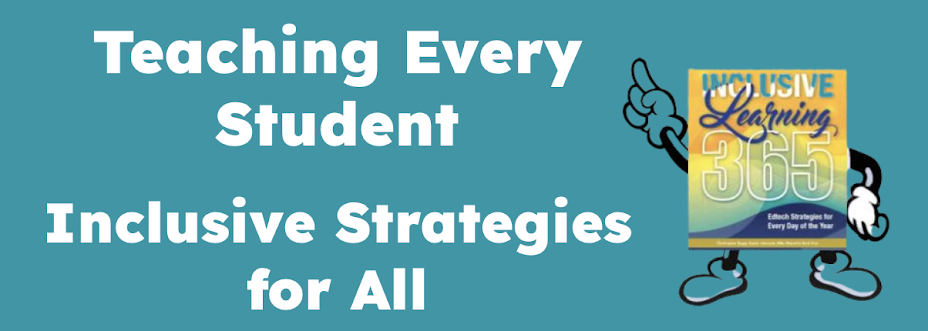 photo © 2008 Hans Splinter | more info (via: Wylio)
photo © 2008 Hans Splinter | more info (via: Wylio)
Anyone who works with struggling learners must grasp the importance of
balancing remediation with compensation. Remediation allows the student to gain the foundational skills necessary for academic success.Compensation allows the student to bypass the academic challenges which result from their learning disability, while they are receiving remediation. With compensatory techniques, students have access to the general education curriculum despite their learning challenges. Accommodations remove the obstacles which frequently hinder student success.
Special educators and other specialists, often overemphasize remediation at the expense of accommodation and compensation. What are the unintended consequences of this imbalance?
- Gaps in acquired skills. When remediation alone is emphasized, students are taught at their developmental level. This may be two or more grade levels below their current grade. Their peers continue to have exposure to grade level text and vocabulary while they fall further behind IF accommodations are overlooked.
- Remedial instruction often includes "kill and drill" components making learning less than joyful. How much learning actually occurs in the absence of engagement and joy? (See Judy Willis' work on The Neuroscience of Joyful Learning.)
- Instruction focuses on students' deficits areas, continually pointing out that they are behind their peers and therefore, must not be as smart. Remediation often emphasizes deficits at the expense of strengths.
Is it possible to balance remediation with accommodations and compensatory techniques? I believe it is through the use of assistive technologies and the use of universally designed curriculum. Have you evaluated whether you are effectively offering compensatory strategies in your classroom? How often do you reflect on the experiences of your struggling learners? If you've never placed yourself in your struggling learner's shoes, now is the time to take 15 minutes to simulate their challenges. Check out the activities at the
PBS.org Misunderstood Minds website. Try the "Experience Firsthand" activities under each category - Attention, Reading, Writing, and Math. If you have never tried these activities, I promise you will have a new appreciation for how difficult school can be for some of your students.
So, tomorrow, add accommodations which work to your lesson plans. If you need ideas, a good starting place is the
UDL Tech Toolkit wiki. Peruse the numerous free tools and strategies.And think how they can bridge the gap and make learning fun again.

